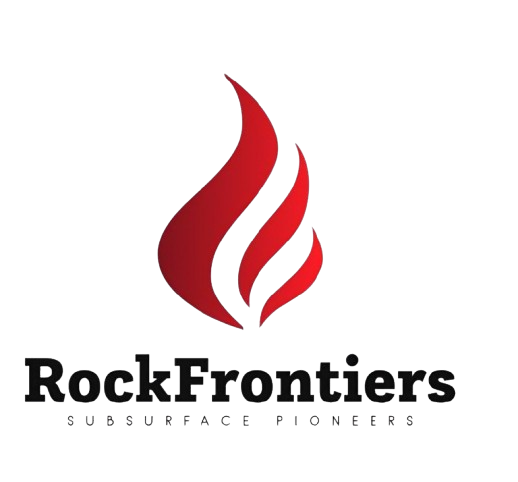📘 Course Description:
This intensive course provides environmental professionals, regulators, and consultants with in-depth knowledge of risk-based management of contaminated land. Focusing on the full lifecycle—from preliminary investigation to remediation and monitoring—it integrates regulatory frameworks, risk assessment methodologies, and sustainable remediation technologies.
Participants will learn how to evaluate contamination risks to human health and the environment, design conceptual site models (CSMs), and select appropriate remediation strategies based on technical, economic, and environmental factors. Real-world case studies and hands-on group exercises are used to ensure practical learning and application.
🎯 Learning Objectives:
-
Understand the principles of risk-based land contamination management
-
Interpret environmental data and develop conceptual site models (CSMs)
-
Apply qualitative and quantitative risk assessment tools
-
Select appropriate remediation technologies and strategies
-
Design and implement long-term monitoring and stakeholder engagement plans
✅ Day 1: Introduction to Contaminated Land & Regulatory Frameworks
| Time | Topic |
|---|---|
| 08:30 – 09:00 | Registration & Introduction |
| 09:00 – 10:30 | Overview of Land Contamination: Sources & Types |
| 10:30 – 10:45 | Coffee Break |
| 10:45 – 12:00 | Legislation, Guidelines & Regulatory Drivers (e.g., ISO 18504, USEPA) |
| 12:00 – 13:00 | Lunch Break |
| 13:00 – 14:30 | Roles of Stakeholders: Regulator, Developer, Consultant |
| 14:30 – 14:45 | Break |
| 14:45 – 16:30 | Preliminary Risk Assessment & Desk Study Methods |
✅ Day 2: Site Characterization & Conceptual Site Models (CSM)
| Time | Topic |
|---|---|
| 08:30 – 10:30 | Site Investigation Planning & Sampling Strategies |
| 10:30 – 10:45 | Coffee Break |
| 10:45 – 12:00 | Field Techniques: Soil, Groundwater, Vapour Sampling |
| 12:00 – 13:00 | Lunch Break |
| 13:00 – 14:30 | Data Interpretation and Use of GIS/3D Models |
| 14:30 – 14:45 | Break |
| 14:45 – 16:30 | Developing Conceptual Site Models (CSM): Exposure Pathways |
✅ Day 3: Risk Assessment Methodologies
| Time | Topic |
|---|---|
| 08:30 – 10:30 | Hazard Identification and Receptor Analysis |
| 10:30 – 10:45 | Coffee Break |
| 10:45 – 12:00 | Qualitative and Quantitative Risk Assessment Tools |
| 12:00 – 13:00 | Lunch Break |
| 13:00 – 14:30 | Modelling Contaminant Fate and Transport |
| 14:30 – 14:45 | Break |
| 14:45 – 16:30 | Risk Communication & Uncertainty Management |
✅ Day 4: Remediation Technologies and Risk-Based Decision Making
| Time | Topic |
|---|---|
| 08:30 – 10:30 | Remediation Objectives and Evaluation Criteria |
| 10:30 – 10:45 | Coffee Break |
| 10:45 – 12:00 | Remediation Techniques: In Situ & Ex Situ Methods |
| 12:00 – 13:00 | Lunch Break |
| 13:00 – 14:30 | Sustainable Remediation & Cost-Benefit Analysis |
| 14:30 – 14:45 | Break |
| 14:45 – 16:30 | Designing Remediation Action Plans (RAPs) |
✅ Day 5: Monitoring, Validation & Project Wrap-Up
| Time | Topic |
|---|---|
| 08:30 – 10:30 | Post-Remediation Monitoring & Validation Techniques |
| 10:30 – 10:45 | Coffee Break |
| 10:45 – 12:00 | Long-Term Site Management & Exit Strategies |
| 12:00 – 13:00 | Lunch Break |
| 13:00 – 14:30 | Stakeholder Engagement & Public Communication |
| 14:30 – 14:45 | Break |
| 14:45 – 16:30 | Final Case Study, Review, Assessment & Certificate Distribution |
📦 Course Materials Include:
-
CSM and RAP templates
-
Sample risk assessment calculations
-
ISO and EPA regulatory tools
-
GIS mapping tools for land contamination
-
Case studies from oil fields, industrial zones, and brownfields
👥 Who Should Attend:
-
Environmental Engineers and Consultants
-
Site Investigation Specialists
-
Remediation Contractors
-
Regulatory Authorities
-
HSE Managers in Oil & Gas, Mining, Construction, & Industry





